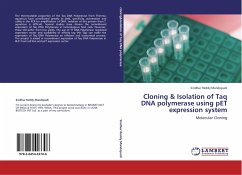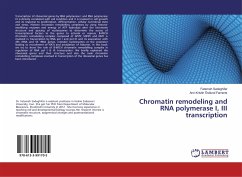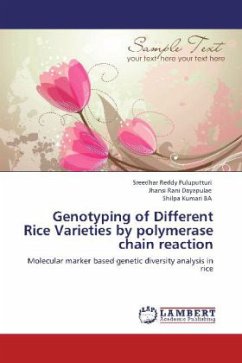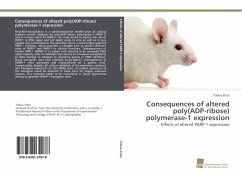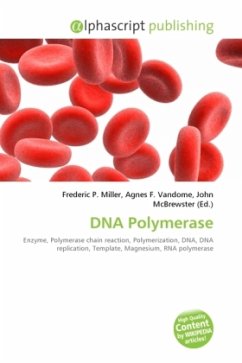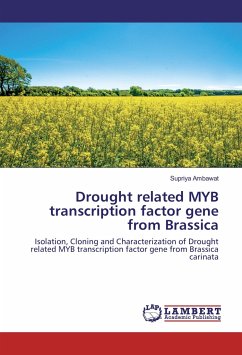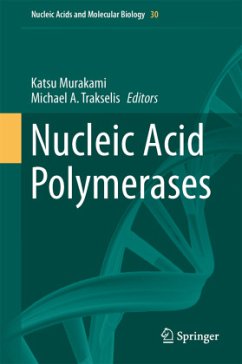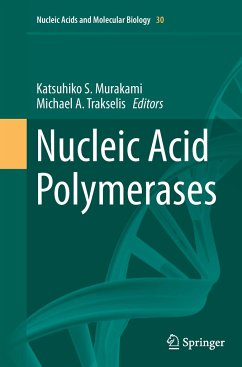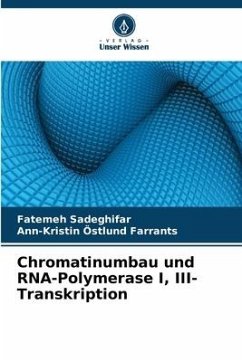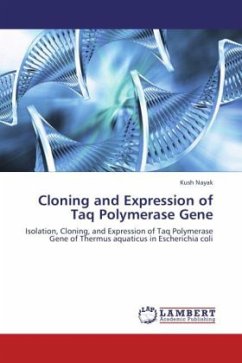
Cloning and Expression of Taq Polymerase Gene
Isolation, Cloning, and Expression of Taq Polymerase Gene of Thermus aquaticus in Escherichia coli
Versandkostenfrei!
Versandfertig in 6-10 Tagen
32,99 €
inkl. MwSt.

PAYBACK Punkte
16 °P sammeln!
The thermostable properties of Taq DNA polymerase from Thermus aquaticus have contributed greatly to the yield, specificity, automation, and utility of the polymerase chain reaction (PCR) method for amplifying DNA. Taq polymerase is widely used enzyme for DNA amplification in PCR techniques and highly applicable in molecular biology and biotechnology. The highly thermo stable DNA polymerase from T. aquaticus is ideal for both manual and automated DNA sequencing because it is fast, highly processive, has little or no 3'-exonuclease activity, and is active over a broad range of temperatures. Now...
The thermostable properties of Taq DNA polymerase from Thermus aquaticus have contributed greatly to the yield, specificity, automation, and utility of the polymerase chain reaction (PCR) method for amplifying DNA. Taq polymerase is widely used enzyme for DNA amplification in PCR techniques and highly applicable in molecular biology and biotechnology. The highly thermo stable DNA polymerase from T. aquaticus is ideal for both manual and automated DNA sequencing because it is fast, highly processive, has little or no 3'-exonuclease activity, and is active over a broad range of temperatures. Nowadays, the enzyme is produced from versions of the Taq gene that have been engineered so as to obtain high levels of expression in E. coli. Most of these alterations involve modification of the DNA sequences that precede and immediately follow the initiating ATG codon. The prominent features of E. coli i.e. fast replication, high expression of genes, ease of isolation, characterization and culturing in large scale, the complete knowledge of its genomic sequence which allow researchers to use this organism in many broad aspects.



